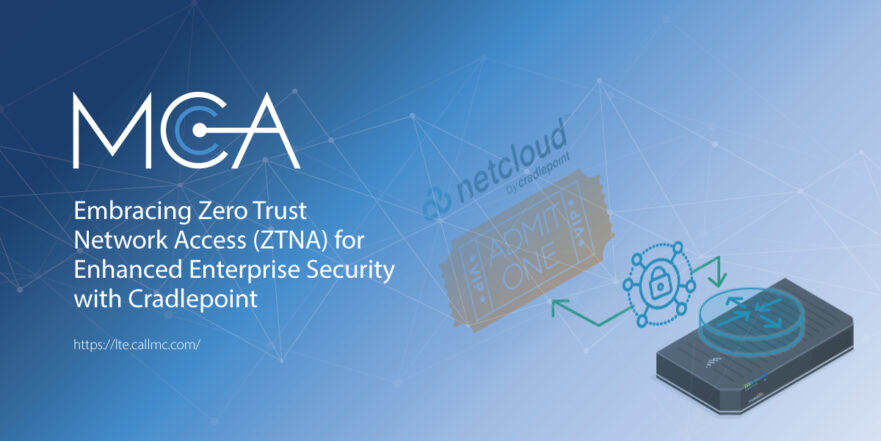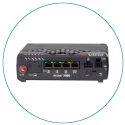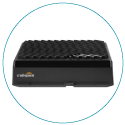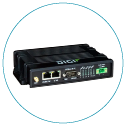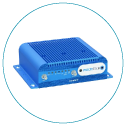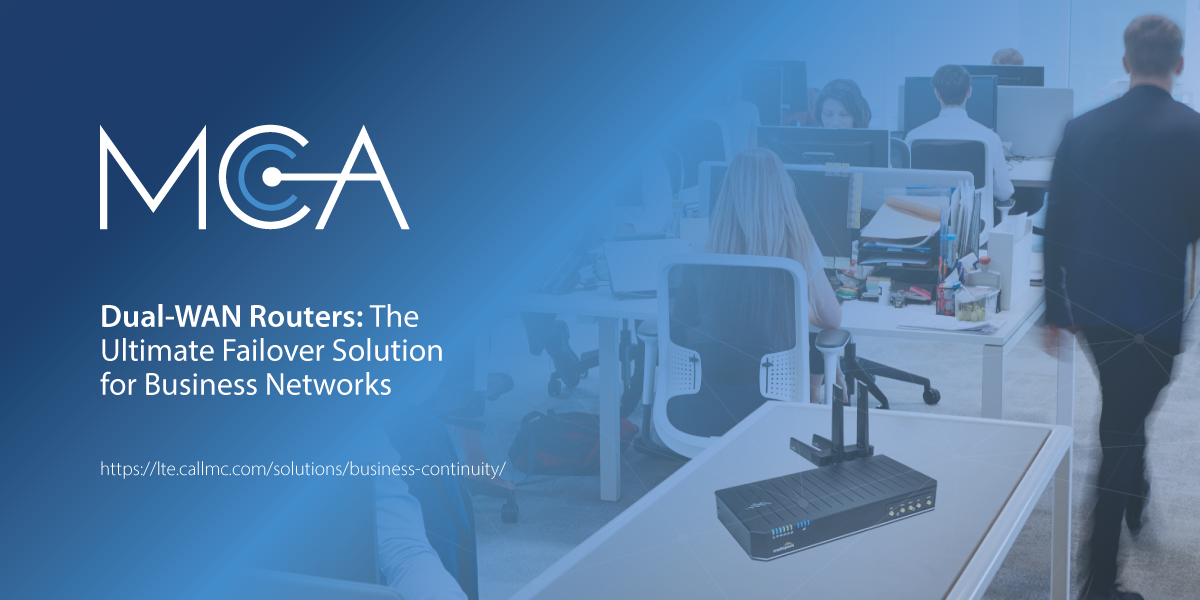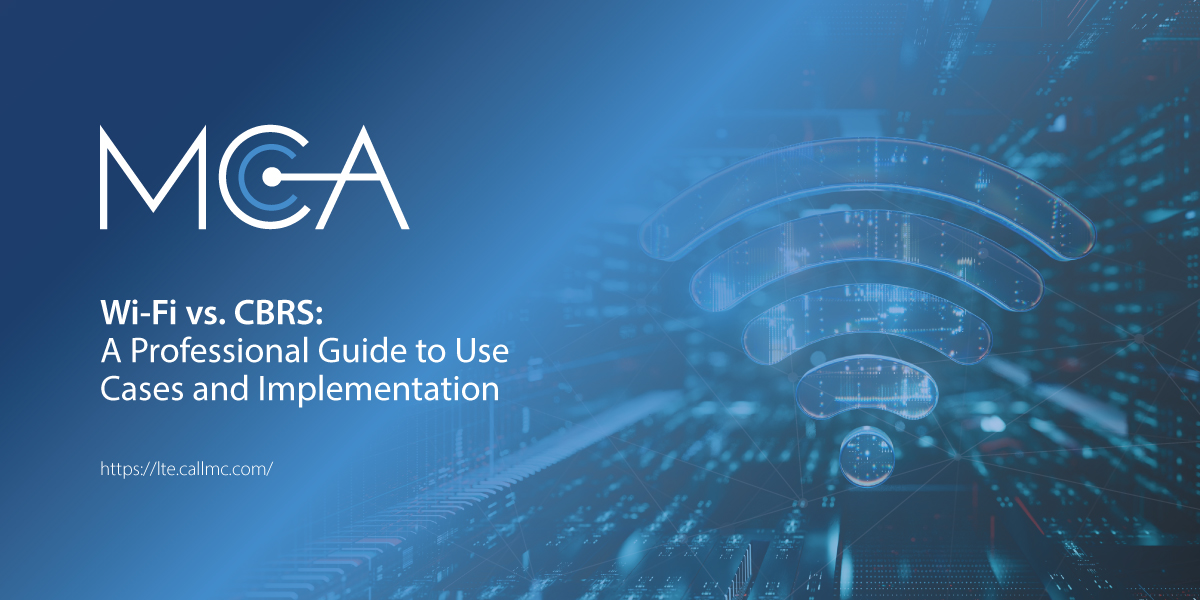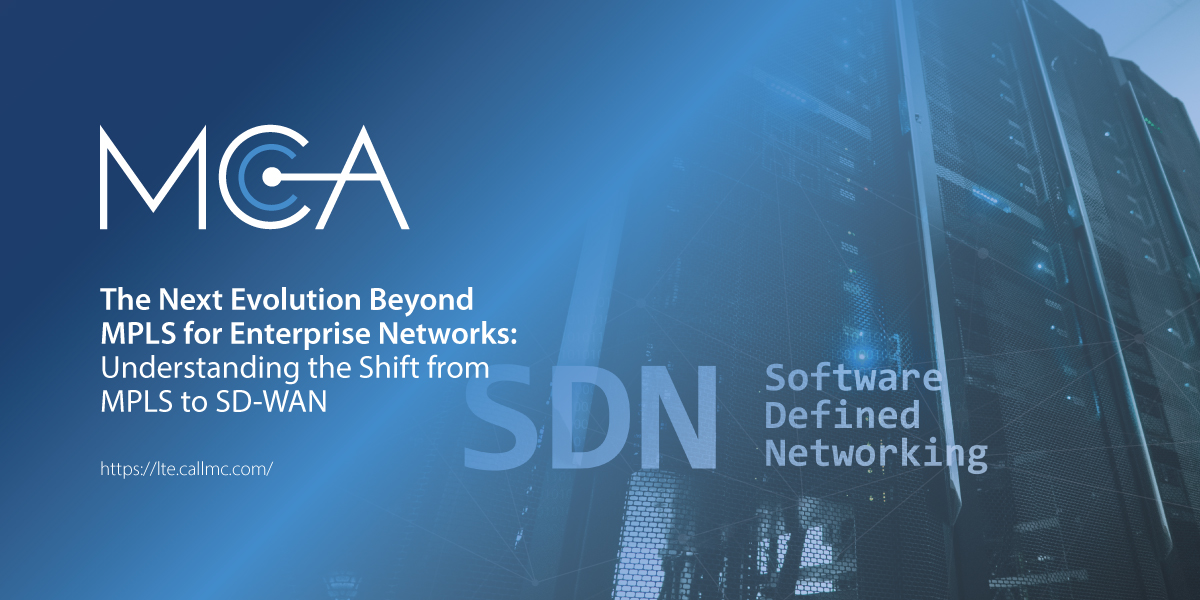Zero Trust Is The Foundation Of Modern Enterprise Security Strategies
As enterprises shift towards a more robust, flexible security framework to safeguard their critical data and infrastructure, traditional security measures like Virtual Private Networks (VPNs) are increasingly proving inadequate. This shift has led to the rise of Zero Trust Network Access (ZTNA), a model that assumes no entity within or outside the network is trustworthy without verification.
By 2025, Gartner predicts that 60% of businesses will adopt Zero Trust as the foundation of their security strategy. This will improve security, enhance operational efficiency, and reduce costs associated with managing and maintaining legacy VPN solutions.
As enterprises adopt remote work models and expand their digital footprints, a more secure, scalable, and efficient security framework becomes increasingly important. Zero Trust offers a solution that meets these needs by providing enhanced security measures that adapt to the complexities of modern network environments. With its ability to limit access based on strict user verification and its adaptability to new threats, Zero Trust is not just a security model but a comprehensive approach to enterprise security management.
The Inadequacies of VPNs and the Rise of Zero Trust
VPNs have been the standard for securing remote corporate network access for decades. However, their limitations have become apparent, particularly with the expanding perimeter of enterprise networks due to remote work and cloud migration. Once authenticated, VPNs offer broad network access, potentially allowing malicious actors to move laterally and cause extensive damage. This risk is compounded by the complexity and management challenges associated with VPNs, making them less effective against sophisticated cyber threats.
In contrast, the Zero Trust model - epitomized by the principle "never trust, always verify” - offers a more secure and manageable approach. Zero Trust frameworks do not inherently trust any entity inside or outside the network. Instead, they require continuous verification of all users and devices, regardless of location. This model is particularly effective in today's environment, where data breaches and cyber-attacks are increasingly sophisticated.
How Zero Trust Enhances IoT and Remote Access Security
One of Zero Trust's significant benefits is its application in securing Internet of Things (IoT) devices, which are notoriously vulnerable to breaches due to their limited processing power and inability to host traditional security software. Zero Trust architecture effectively renders these devices invisible to unauthorized entities by hiding their IP addresses and isolating them within the network. This invisibility is crucial in preventing the IP-based scanning attacks commonly used to exploit IoT devices.
Zero Trust also limits third-party access, a critical aspect for enterprises that rely on external contractors and suppliers. Traditional methods often grant these third parties broad access, increasing the risk of breaches. Zero Trust allows for precise, restricted access to resources needed for specific tasks without exposing the broader network.

Implementing Zero Trust with Cradlepoint Solutions
Cradlepoint's solutions offer several key benefits including:
Secure Connect
This service allows enterprises to build extensive, distributed networks with simple, secure, and zero-trust connectivity.
ZTNA
Hybrid Mesh Firewall
These cloud-based firewalls perform continuous in-line traffic inspection, effectively preventing zero-day exploits and other advanced threats.
Zero Trust and the Future of Enterprise Security
Transition to Zero Trust, facilitated by technology leaders like Cradlepoint, represents a pivotal evolution in cybersecurity. It addresses the shortcomings of traditional security measures and aligns with the dynamic nature of contemporary business operations. As enterprises look to secure their networks against increasingly sophisticated threats, Zero Trust offers a proactive and effective framework to safeguard critical assets while supporting flexible, remote work environments.
About MCA and Our CNS Team
MCA is one of the largest and most trusted integrators in the United States, offering world-class voice, data, and security solutions that enhance the quality, safety, and productivity of customers, operations, and lives. More than 65,000 customers trust MCA to provide carefully researched solutions for a safe, secure, and more efficient workplace.
Our Cellular Networking Solutions (CNS) team (formerly known as USAT) is made up of certified experts in designing and deploying fixed and mobile wireless data connectivity solutions for public and private enterprises nationwide - complete with implementation, training, proof of concept (POC), system auditing, and on-site RF surveying services with optional engineering maintenance contracts.
Our extensive catalog of world-class routers, gateways, and software designed for remote monitoring and management in even the harshest environments allows us to deliver a full suite of reliable technologies capped with a service-first approach.
Share this Post
